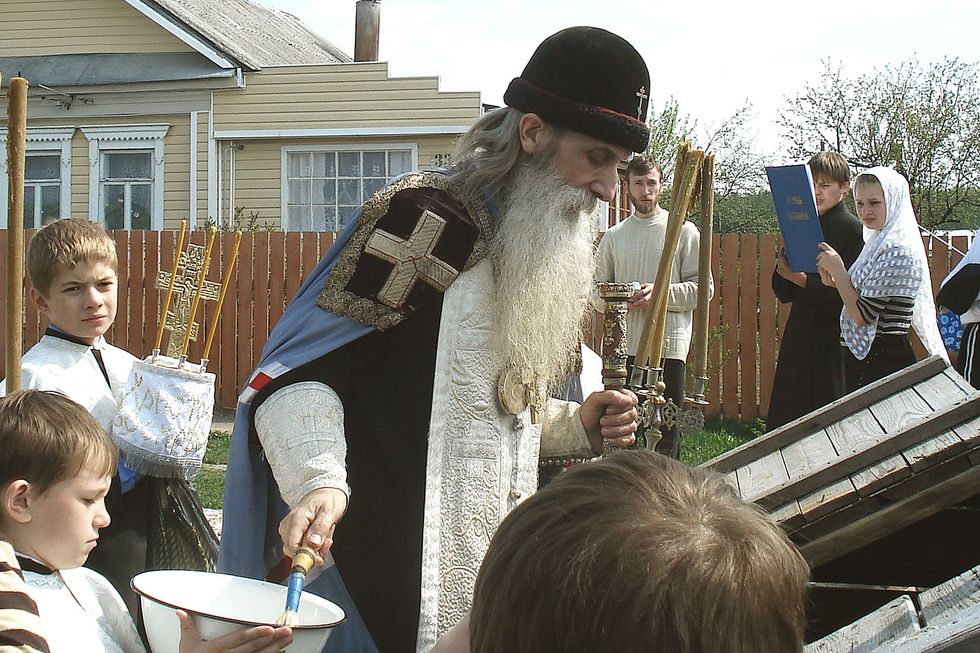In previous articles, I have pointed to the mystery of confession as the proper place to deal with the shame and guilt that often plague us, thereby beginning the process of healing and forgiveness.
However, it is difficult and painful to admit to our sins publicly in front of another human being and in the presence of God and the Church. Indeed, one often feels shame in the act of confessing, feeling as if one's self-condemnation will in turn lead to divine condemnation and judgement.
It is the precisely for this reason that the formal prayers of the Church, and particularly those done in the sacrament of confession, are so important. The prayers are there to teach us what confession is about and how to deal with this shame. This is particularly evident in what the priest says right before one begins confessing:
Brother [sister], inasmuch as thou hast come unto God and unto me, be not ashamed; for thou dost not speak unto me, but unto God, before whom thou dost stand.
We are instructed specifically to not be ashamed in the act of confessing. This is because confession is precisely the place of healing, and not of judgement or condemnation. Neither God nor the priest are there to judge us, but are rather there for our healing and our salvation. It is as the Gospel of John says:
For God did not send His Son into the world to condemn the world, but that the world through Him might be saved. (John 3:17)
The whole of the gospel accounts point towards the fact that God does not condemn us. When Christ comes into the world, He specifically identifies Himself with the poor, the sick, the rejected, and the hopeless. He does not condemn the woman caught in adultery nor the other sinners He encounters. Neither does He condemn us.
St. Paul specifically mentions this idea when discussing examining oneself before receiving Holy Communion. He notes, “if we would judge ourselves, we would not be judged.” (1 Corinthians 11:31). And this is precisely what confession is about: judging ourselves before the final judgement so that we may be ready for that moment.
May God grant us the abolition of our sins and shame both in this life and in the life to come.
















